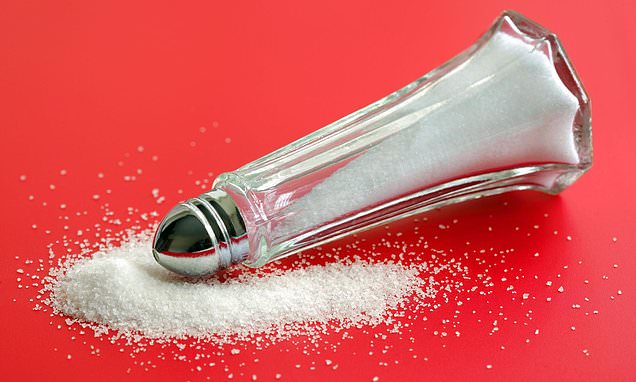Home / Health / Excess Salt Linked to Depression, Dementia, and Hearing Loss
Excess Salt Linked to Depression, Dementia, and Hearing Loss
11 Nov
Summary
- Studies show high salt intake increases risk of depression by up to 45%
- Excess salt may also raise chances of developing dementia by up to 73%
- Adding salt to food heightens risk of hearing loss by 23%

According to a series of studies published over the past year, excess salt intake may be taking a serious toll on our mental and cognitive health, in addition to its well-known impacts on cardiovascular disease.
The research shows that people who frequently add salt to their food are up to 45% more likely to be diagnosed with depression compared to those who rarely or never do so. High salt intake has also been linked to a 27% increased risk of anxiety and a staggering 73% higher chance of developing dementia.
Experts believe these effects may be driven by salt's ability to trigger the release of inflammatory proteins in the brain that disrupt normal mood and cognitive function. Additionally, the extra strain that excess salt places on the cardiovascular system could contribute to vascular dementia.
Concerningly, the problem appears widespread, as the British Heart Foundation estimates that most UK adults still consume around 8.4g of salt per day - 40% above the recommended maximum of 6g. This is largely due to the high levels of salt hidden in processed and packaged foods.
While cutting back on salt is no easy task, health authorities emphasize that doing so is crucial not just for heart health, but also for preserving mental acuity and preventing conditions like depression and dementia as we age.




